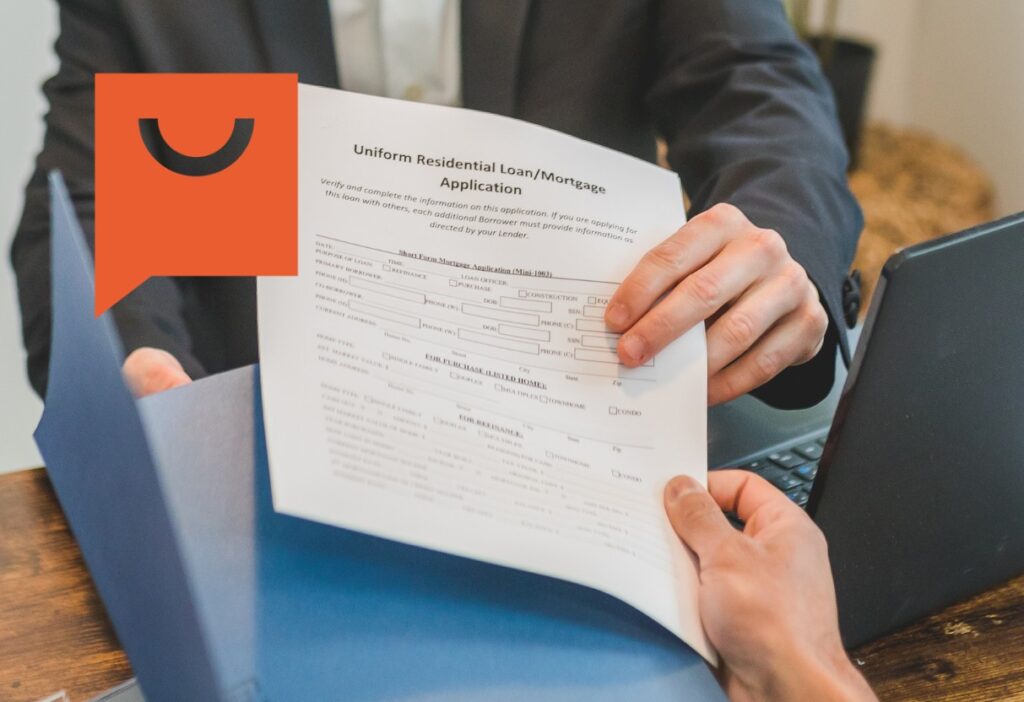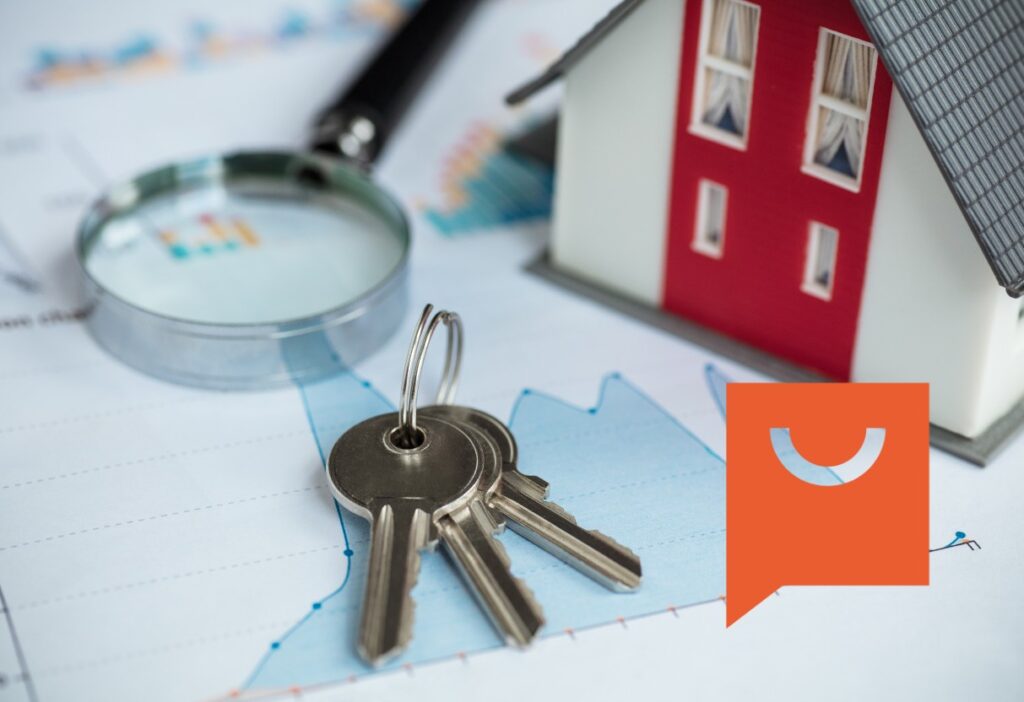Anúncios
Buying a home with a low credit score can feel challenging, but it’s not impossible. Many people still qualify for mortgages despite having credit scores below what’s considered excellent.
The path might require more work, but various options exist for those with less-than-perfect credit.

You can qualify for a mortgage with a credit score as low as 500 through FHA loans, or 580-620 for conventional loans, though requirements vary by lender and loan type.
Understanding these minimum thresholds is just the starting point. Lenders also look at your debt-to-income ratio, employment history, and down payment amount when making their decision.
Taking steps to improve your situation can significantly boost your chances of approval. This might include saving for a larger down payment, finding a co-signer, or exploring government-backed loan programs specifically designed for first-time homebuyers with credit challenges.
Understanding Credit Scores and Mortgages

Credit scores play a crucial role in the mortgage approval process. Lenders use these three-digit numbers to assess risk and determine loan terms, including interest rates and down payment requirements.
Credit Score Basics
Credit scores typically range from 300 to 850, with higher numbers indicating better creditworthiness. The FICO score is the most common scoring model used by mortgage lenders. This score is calculated based on five key factors:
- Payment history (35%): Your record of on-time payments
- Credit utilization (30%): The amount of available credit you’re using
- Length of credit history (15%): How long you’ve had credit accounts
- Credit mix (10%): The variety of credit accounts you manage
- New credit (10%): How frequently you apply for new credit
Most lenders consider scores above 740 as excellent, 670-739 as good, 580-669 as fair, and below 580 as poor. Credit reports from the three major bureaus—Equifax, Experian, and TransUnion—may show different scores.
How Credit Affects Mortgage Qualification
Credit scores directly impact mortgage approval and terms. Conventional loans typically require a minimum score of 620, while FHA loans may accept scores as low as 500 with a larger down payment.
Lower scores result in higher interest rates. For example, someone with a 620 score might pay 1-2% more interest than someone with a 740+ score. This difference can add thousands of dollars to the loan cost over time.
Lenders also consider debt-to-income ratio alongside credit scores. A stronger score may help offset other weaknesses in an application.
Many lenders implement “compensating factors” that allow flexibility with credit requirements if other financial indicators are strong.
Different mortgage types have varying credit requirements:
| Loan Type | Minimum Credit Score | Typical Down Payment |
|---|---|---|
| Conventional | 620 | 3-20% |
| FHA | 500-580 | 3.5-10% |
| VA | 580-620 | 0% |
| USDA | 640 | 0% |
Strategies to Improve Your Credit

Boosting your credit score takes time and consistent effort. These practical steps can help you build stronger credit even if you’re starting from a challenging position.
Reviewing Your Credit Report
Start by obtaining free copies of your credit reports from all three major bureaus: Equifax, Experian, and TransUnion. You can request these once a year through AnnualCreditReport.com.
Look carefully for errors such as accounts that aren’t yours, incorrect payment histories, or outdated negative information. These mistakes can significantly lower your score.
If you find errors, file disputes directly with the credit bureaus. Include supporting documentation whenever possible. Bureaus typically have 30 days to investigate and respond to your claims.
Consider using credit monitoring services to track changes to your report. Many free and paid options exist that alert you to important changes.
Paying Down Debts
Focus on reducing your credit utilization ratio—the percentage of available credit you’re using. Aim to keep this below 30%, though lower is better.
Debt Reduction Strategies:
- Pay more than minimum payments whenever possible
- Target high-interest debts first (avalanche method)
- Or pay smallest balances first for quick wins (snowball method)
- Avoid closing old credit accounts after paying them off
Set up automatic payments to ensure bills are paid on time. Payment history accounts for about 35% of your credit score.
Consider debt consolidation if you’re juggling multiple high-interest debts. This can simplify payments and potentially lower interest rates.
Building a Positive Credit History
Secured credit cards require a deposit and work well for rebuilding credit. Use them for small purchases and pay the balance in full each month.
Credit-builder loans from credit unions or community banks report your payment history to credit bureaus. These specialized loans hold your payments in an account until the loan term ends.
Becoming an authorized user on a responsible person’s credit card can help. Their positive payment history might appear on your report.
Ask landlords or utility companies to report your payments to credit bureaus. Services like Experian Boost can add cell phone and utility payments to your credit history.
Alternative Mortgage Qualification Options

If you have a low credit score, you still have several paths to homeownership. These alternatives can help you secure financing even when traditional mortgage options seem out of reach.
Government-Backed Loans
FHA loans accept credit scores as low as 580 with a 3.5% down payment. Scores between 500-579 may qualify with a 10% down payment. These loans are insured by the Federal Housing Administration, reducing the lender’s risk.
VA loans serve veterans and active military members without requiring a minimum credit score, though most lenders look for at least 620. These loans often require no down payment.
USDA loans support rural homebuyers with limited income. While the USDA doesn’t set a minimum score, lenders typically require at least 640.
All government programs require mortgage insurance or funding fees, but they’re often more affordable than conventional alternatives for low-credit borrowers.
Non-Traditional Lenders
Credit unions often have more flexible lending criteria than banks. They may consider factors beyond credit scores when evaluating applications. Membership is required but usually easy to obtain.
Portfolio lenders keep loans on their books rather than selling them. This allows them to set their own approval standards without following strict government guidelines.
Online mortgage lenders frequently cater to borrowers with credit challenges. Some specialize in working with scores as low as 550-580.
Community banks may offer special programs for local residents. Their personalized approach can benefit borrowers whose financial situation doesn’t fit standard approval models.
Larger Down Payments
A 20% down payment can significantly improve approval chances. This reduces the lender’s risk and eliminates the need for private mortgage insurance.
Providing 25-30% down may convince lenders to approve loans for scores under 620. The substantial equity creates a safety buffer against default risk.
Money-saving tip: Save aggressively while working on credit improvement.
Every additional percentage point you put down strengthens your application.
Consider liquidating investments or borrowing from retirement accounts for down payment funds. Weigh the long-term costs carefully before making this decision.
Gift funds from family members can supplement your down payment. Lenders will require documentation proving the money is truly a gift, not a loan.